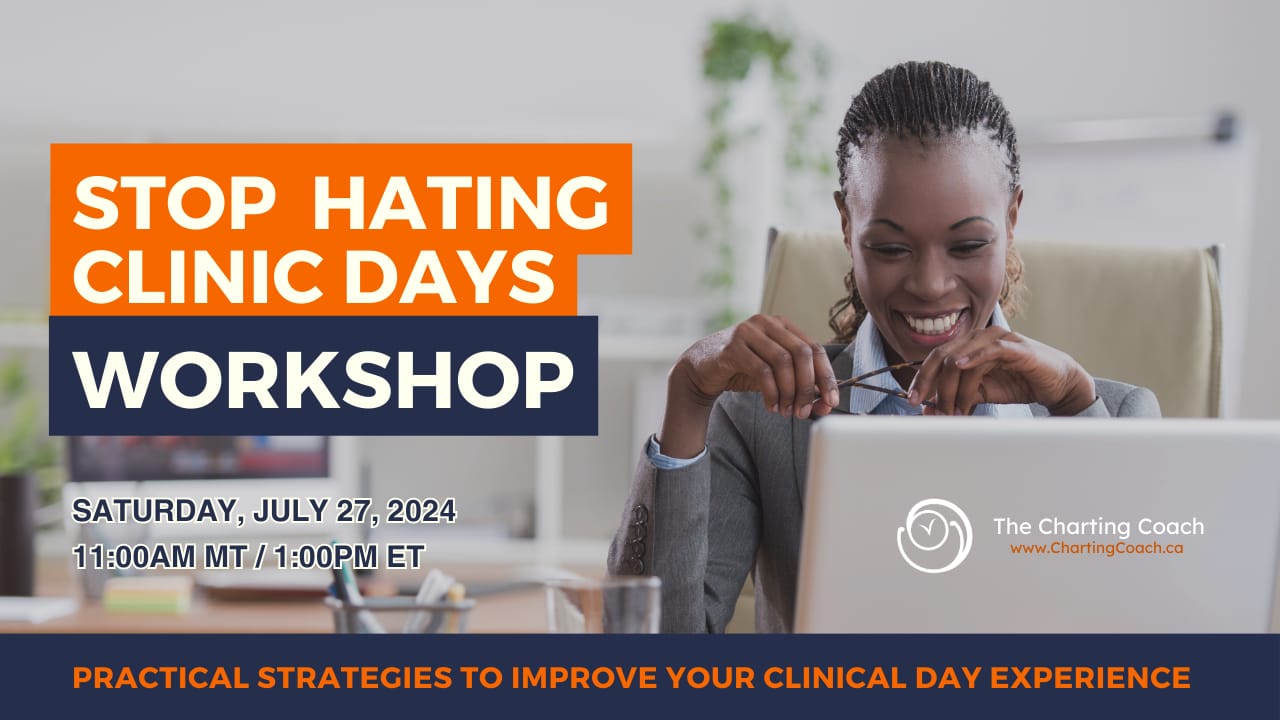
The Olympics are starting this Friday in Paris! Fun facts:
This is 3rd time Paris has hosted the Games.
It’s been exactly 100 years since Paris’ last Olympics (in 1924).
New sports this year include breaking (a.k.a. breakdancing), skateboarding, sport climbing, and surfing.
Now onto our issue! (Takes 7 minutes to read).
Only have one? Here are the big things to know:
AI revolutionizing healthcare in BC
The 7th person “cured” of HIV
Listeriosis outbreak in Canada hits 12
Let’s get into it.
Staying #Up2Date 🚨
SBP targets 🎯
A Chinese study published in the Lancet involving 11,000 high-risk patients, including those with diabetes and previous stroke, found that an SBP target of <120 mm Hg resulted in fewer composite CV outcomes compared to <140 mm Hg (9.7% vs. 11.1%). That being said, there were more episodes of syncope in the intensive-treatment group. These results may echo the SPRINT trial, however, questions over generalizability and SBP targets remain.
Hyperkalemia in diabetes 💊
A retrospective analysis compared approximately 400,000 propensity-matched pairs of patients with type 2 diabetes starting SGLT-2 inhibitors, GLP-1 receptor agonists, or DPP-4 inhibitors. Patients starting SGLT-2 inhibitors or GLP-1 receptor agonists had a lower rate of hyperkalemia compared to those starting DPP-4 inhibitors (HR 0.75 and 0.79, respectively). The absolute difference in hyperkalemia rates was about 6 fewer cases per 1,000 person-years for both drug classes, with greater reductions observed in patients with heart failure, CKD, or using RAAS inhibitors.
MI from influenza 🦠
A Dutch observational study found that the incidence of acute MI was 6x higher within the first week after PCR-positive influenza (the risk period) compared to within 1 year before or after influenza, (excluding the risk period). Patients without known coronary artery disease (CAD) had even greater risk: relative incidences were 16.6 in those without CAD vs. 1.4 in those with CAD. In post hoc analysis, use of antithrombotics was associated with lower risk for MI than was nonuse (relative incidence, 4.1 vs. 13.5).
AI Is Put to the Test
How British Columbia is using AI to revolutionize healthcare.
What happened: BC labs are putting AI to work as they begin testing tech that can help diagnose diseases — including cancer — earlier.
Why it’s interesting: The province and PacifiCan are giving up to $2.65 million to 3 projects that test the critical parts of a secure end-to-end digital pathology solution. Researchers hope that project teams will help reshape how pathology services are delivered in BC.
BC’s Health Minister, Adrian Dix, said the tech has the potential to save lives by:
Sharing and consulting diagnoses with other physicians around the province.
Helping healthcare professionals access data and analyses quicker.
Reducing wait times for patients.
The province currently has 4,200 publicly funded diagnostic tests available, which result in more than 96 million tests annually. The testing being done by the labs will help determine if digital tech (including AI) can help lighten that load. If the tech gets a passing grade, the projects will be used to determine how much more BC officials will have to fork over to create an “integrated” pathology system.
But: Communication is the hallmark of any good relationship, and that includes AI and healthcare. So, before robots can start calling patients to give them their diagnosis, researcher Muhammad Mamdani said professionals must try to solve the system problem first and then use tech to help with the solution. Much like doctors, AI is only as good as the data it’s given. Communication in hospitals and clinics must be at the forefront in order for AI to reach its fullest potential.
Postcall’s Take: The projects are still in their early stages of development but seem to show great promise for the future of healthcare. Postcall will continue to monitor the news for updates along the way!
Sponsored by The Charting Coach
#StopTheHate (of your clinic days)
Clinic days are hard, there's never enough time to get everything done, and it’s commonly spilling over into our evenings and weekends.
That’s why Postcall is excited to offer you exclusive FREE access to a virtual workshop, "Stop Hating Clinic, Practical Strategies to Improve Your Clinical Day Experience," on July 27th at 11 am MT / 1pm ET with Dr. Sarah Smith, Founder of the Charting Champions Program for Physicians.
Despite your lack of staff, increasing patient demand, and inadequate admin time — you can create a clinical day that is more sustainable.
We will cover workflow, in-baskets, interruptions, patient demands, documentation, decision fatigue, and leave time for discussion and questions.
It is possible to see patients in the clinic and complete the tasks of the day with less expletives and less personal suffering.
Use Coupon Code CLINICBLUES to reserve your free seat today and share with a colleague.
Hot Off The Press

HIV-1 virions on the surface of this lymphocyte
1: ❤️🩹 An HIV patient is in remission after a stem cell transplant — one of 7 people who have gone into remission from HIV between 2007 and 2023. The German man had undergone chemotherapy to wipe out his immune cells, and his stem cell donor was partially resistant to HIV. Only a few people are eligible for this treatment, as they must have both HIV and cancer.
2: 🫀 A team at Massachusetts General Hospital are pioneering techniques to make more hearts viable for transplant using advanced organ perfusion technology. The Ex Vivo system, also know as the "heart in a box" system, reanimates hearts by oxygenating and pumping blood through them, extending how long they can be kept outside the body.
3: 🇺🇸 US President Biden’s historical achievements — including allowing Medicare to negotiate prescription drug prices and dramatically expanding health coverage — is fragile and could be undone by future administrations. Kamala Harris — who Biden has endorsed, now that he’s dropped out from the race — would likely maintain his legacy, as she’s even further to the left on health care.
4: 🐍 Scientists have discovered a promising antidote candidate for cobra bites: heparin (the common inexpensive blood thinner). They found that by flooding the bite site with decoy heparin, the antidote can bind to and neutralize the toxins within the venom that cause tissue damage
5: 🔥 A huge wildfire threatens Jasper National Park, and the town declares state of emergency. Government officials say at least 10,000 residents were forced to evacuate (and that doesn't include another 15,000 visitors evacuated in the national park).
Notable Numbers

343,000: the number of babies included in a study that concluded there is no significant risk of birth defects when women get COVID-19 vaccine in their first trimester.
12: The number of cases of listeriosis in Canada — 10 in Ontario, 1 in Quebec, 1 in Nova Scotia — reported last week by the Public Health Agency of Canada. 2 people have died. The outbreak is connected to Silk and Great Value brand plant-based beverages, which prompted a recall.
15,000: the estimated number of Canadians who are dying because of hospital overcrowding, according to the Canadian Journal of Emergency Medicine.
💬 In Our Community
“What specialties would you recommend for earning potential, assuming I enjoy all of them equally?“
A tough question to answer from a forum this week, but many in the community tried. Here are our takeaways:
Many emphasize picking a specialty you love to prevent burnout and ensure long-term satisfaction, with the consensus that most specialties offer good financial prospects.
Different specialties fit differently with your desired lifestyle, including call schedules, work environment, and long-term job satisfaction as you age.
While high-paying specialties like radiology, ophthalmology, and certain surgical fields are mentioned, consider factors like overhead, training length, and job location, which can significantly impact earnings.
And this resource from MDF is quite good for comparing. (Some specialties aren’t mentioned here, like EM.)
Location and flexibility matter. Your choice of specialty should also consider geographic location, potential to work in the US, and the ability to have a flexible or telehealth-based practice.
We love this discussion — it's important to openly discuss and research financial considerations, including compensation, benefits, and job market demand, without feeling shame or guilt.
Postcall Picks
📺 Watch: the 2024 Summer Olympic Games starting this week! Opening ceremony is on Friday, but the first official events actually start today. Here’s Team USA on the basketball court in a warmup showcase:
😂 Laugh: We’re looking at you ophtho 👀
🧠 Learn: Doctors, it's important to care for yourselves, too! Learn more about Health Spending Accounts and discover if they’re right for you on the latest podcast episode from beyond MD with Dr. Yatin Chadha.
🎫 Register: Ontario Anesthesiologist Meeting and Conference will be taking place on September 27-29 in Downtown Toronto. Register for an immersive day of interactive workshops and clinical sessions!
🤑 Save: Air Miles is hosting its biggest reward miles redemption event ever! Get up to 35% back in value when redeeming Dream Miles. Event ends July 26th.
📰 Read: Postcall even faster - we now have a mobile app! Get it by logging in at postcall.ca from your iPhone or Android, and then finding the “Add App to Home Screen” in the popup or hamburger menu.

Relax
First question: What is an anti-folate medication often used in rheumatoid arthritis?
If you enjoyed this puzzle, please share! 😀
Share Postcall, Get Rewards
Help Us Get Better
What'd you think of today's edition?
That’s all for this issue.
Cheers,
The Postcall team.




